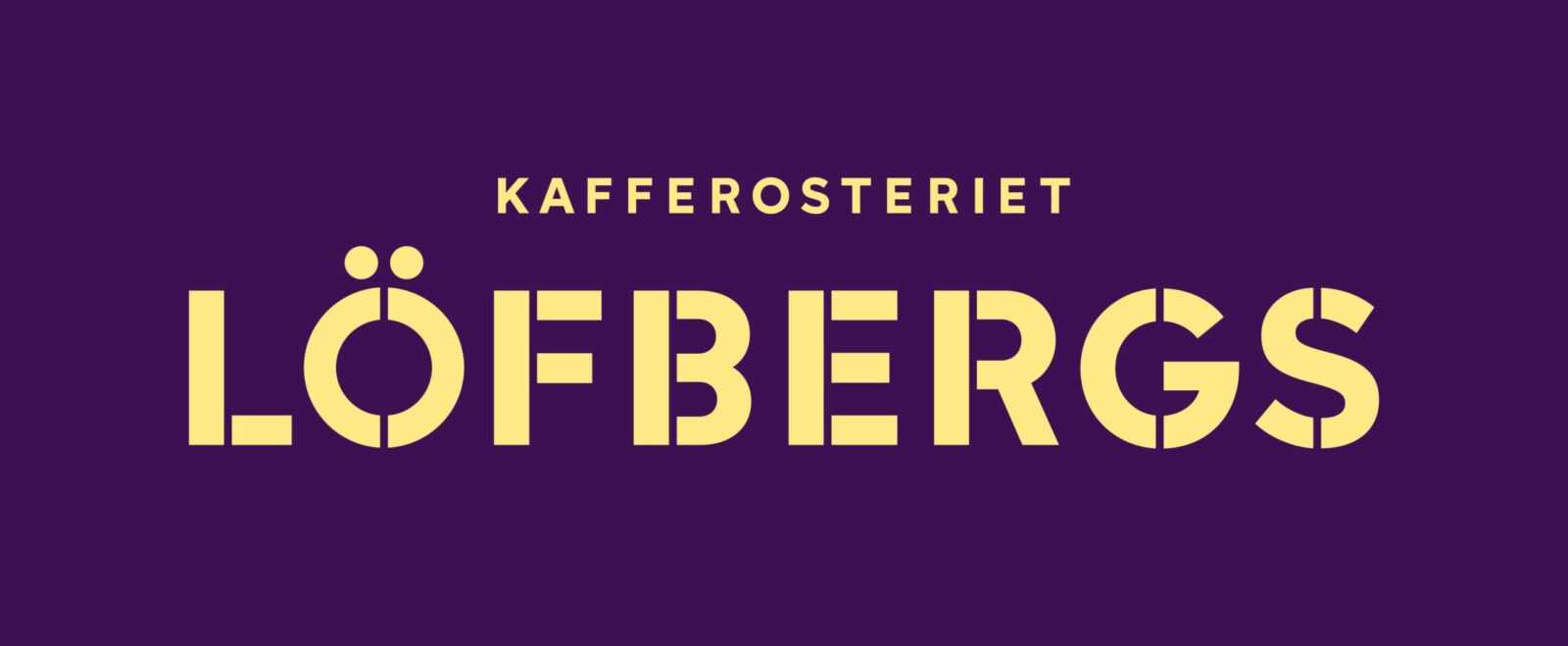KARLSTAD, Sweden – The sustainability project Rescued Coffee began a year ago, a cooperation between Circle K and Löfbergs with the purpose to minimize unnecessary waste of coffee beans. Four batches of Rescued Coffee has been launched during the year, which means that 26 tons of coffee that risked being wasted has been drunk up instead.
A roasting that did not go exactly as planned is one example when perfectly fine coffee beans cannot be sold as intended. Coffee that does not get drunk up is an unnecessary waste of the earth’s resources since 80-90% of the climate effects of coffee occur in the coffee producing countries.
That is why Löfbergs and Circle K created Rescued Coffee, a project that has resulted in 26 tons of rescued coffee beans being sold at Circle K stations across Sweden during the year. It has also guaranteed a saving of 120 tons of carbon dioxide.
“When this idea was born, my gut feeling told me that there were no hesitations. And the response from our customers has truly showed that it was the right decision to bet on Rescued Coffee. From being a test project at first, the coffee is now becoming a fixed part of our assortment and I am very happy about that,” says Martin Stenberg, Senior Category Manager at Circle K.
Every batch contains coffee that has ended up on the side of Löfbergs’s ordinary production flow, which has been combined to unique blends that cannot be recreated. Circle K has offered its guests four completely unique flavour schemes this year. This time, the result is a powerful, dark-roast coffee with notes of dark chocolate and dried fruit. The coffee is produced with Arabica beans from sustainably certified farms in South and Central America as well as East Africa.
“It is great that the rescued coffee has been so appreciated, and I think that we have successfully created really exciting flavours with the rescued coffee beans. When beans that risk being wasted are used as raw material for new products, they suddenly get a value and become an important driving force in a circular economy,” says Martin Löfberg, Chief Purchasing Officer at Löfbergs.
Rescued Coffee in figures:
- A total of 26 tons coffee beans has been rescued from being wasted
- The project guarantees a saving of about 120 tons of CO2
- The use of pesticides is reduced with 200 kilos
- An area the equivalent of 48 football pitches is converted to sustainable production
Circular transformation
For Löfbergs, the cooperation with Circle K is a part of the circular transformation, where the goal is to generate zero waste. Löfbergs has made a lot of progress; only 0.5 per cent of the produced coffee is discarded today. To drive circular conversion forward, Löfbergs has started the Circular Coffee Community, an initiative where Löfbergs invites consumers, companies and others to find solutions that contribute to a circular coffee industry with zero waste.
“This is not something we can do on our own. The road ahead is all about cooperation and developing sustainable solutions together with others. The project with Circle K is a good example of that,” says Martin Löfberg.


















